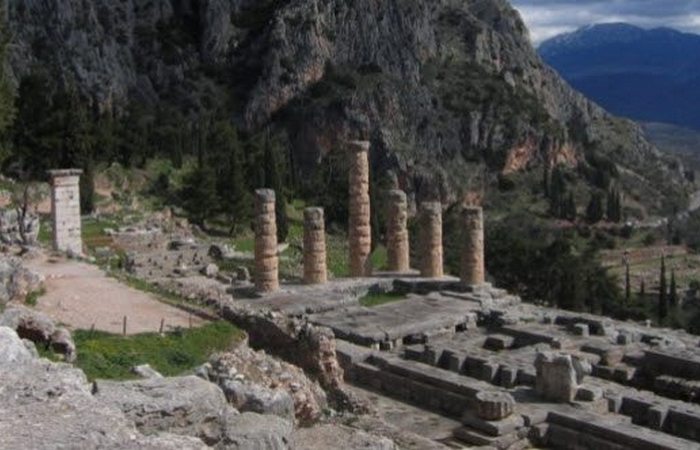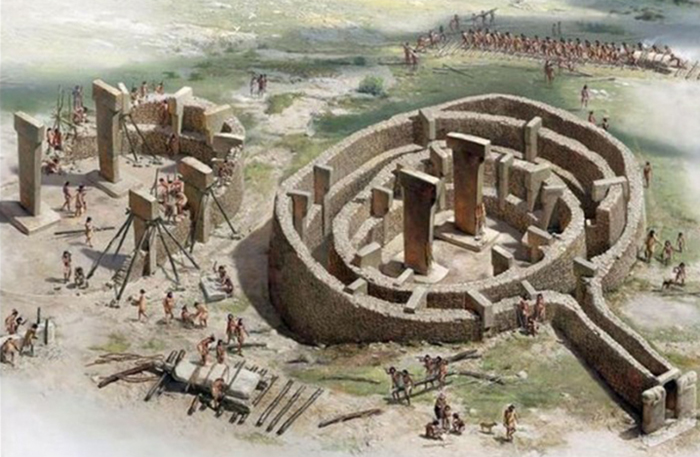invasion of enemies
Plumbing, civil rights and technology: What the world lost when the Greeks conquered Troy, and the arias – the Dravidians
 The legends of dark times in Europe and Asia are full of enthusiasm for the lost civilizations, developed so high that the listeners of these legends could hardly believe. Much later, with scientific progress, Europeans began to relate to these traditions with increasing skepticism: it is clear that the world is developing from simple technologies to complex ones, where can complex technologies come from simple ones? With the development of archeology, mankind again had to believe in lost civilizations. At least, in comparison with the narrators of the legends, they were very realistic. No Atlantis and aliens – the creations of the human mind and hands.
The legends of dark times in Europe and Asia are full of enthusiasm for the lost civilizations, developed so high that the listeners of these legends could hardly believe. Much later, with scientific progress, Europeans began to relate to these traditions with increasing skepticism: it is clear that the world is developing from simple technologies to complex ones, where can complex technologies come from simple ones? With the development of archeology, mankind again had to believe in lost civilizations. At least, in comparison with the narrators of the legends, they were very realistic. No Atlantis and aliens – the creations of the human mind and hands.
During the end of the Bronze Age, something happened that could be called the Apocalypse – at least for several developed cultures at once. Natural disasters and economic crises began to shake them, and the final blow struck the raids of much less developed nations. For a long four centuries, barbarism reigned in the lands where before that people used baths, studied science, composed poems and traded with cities on the other side of the seas. Continue reading



